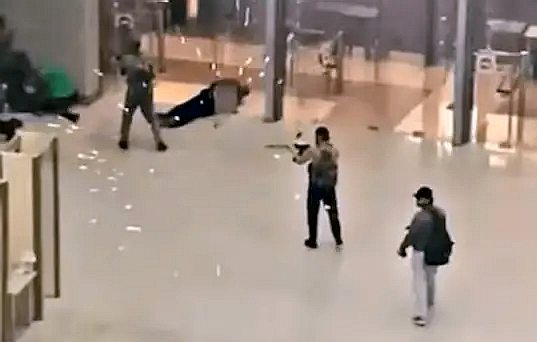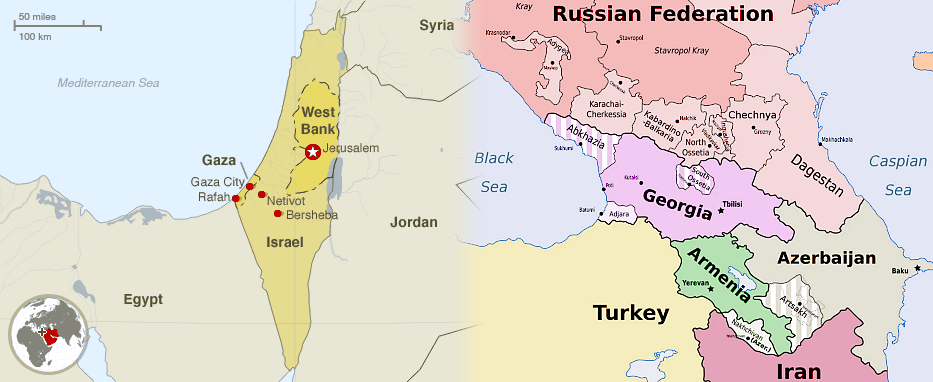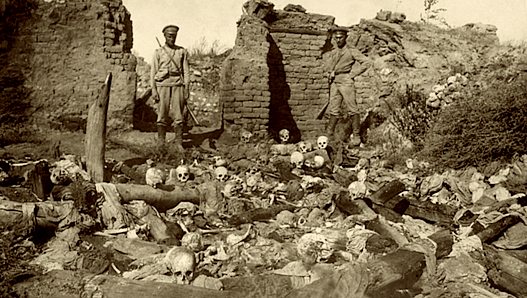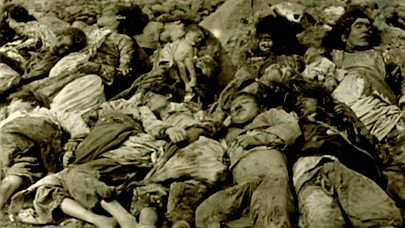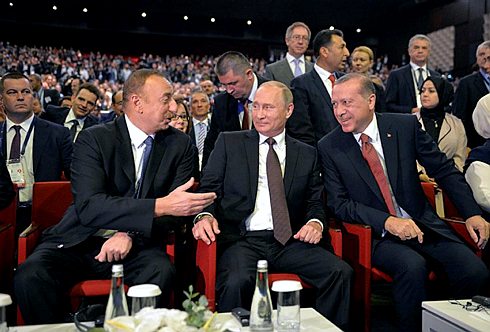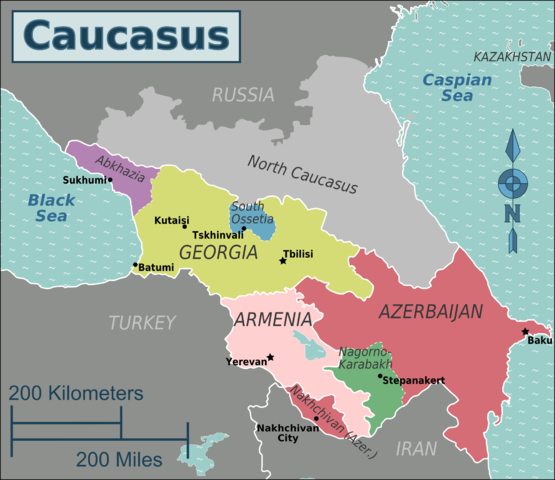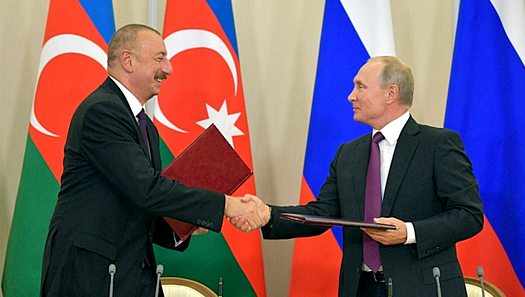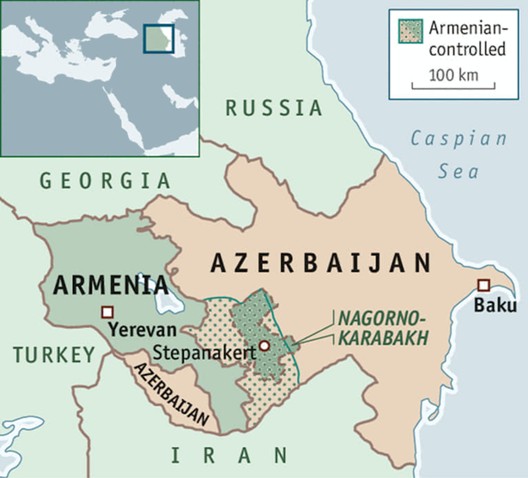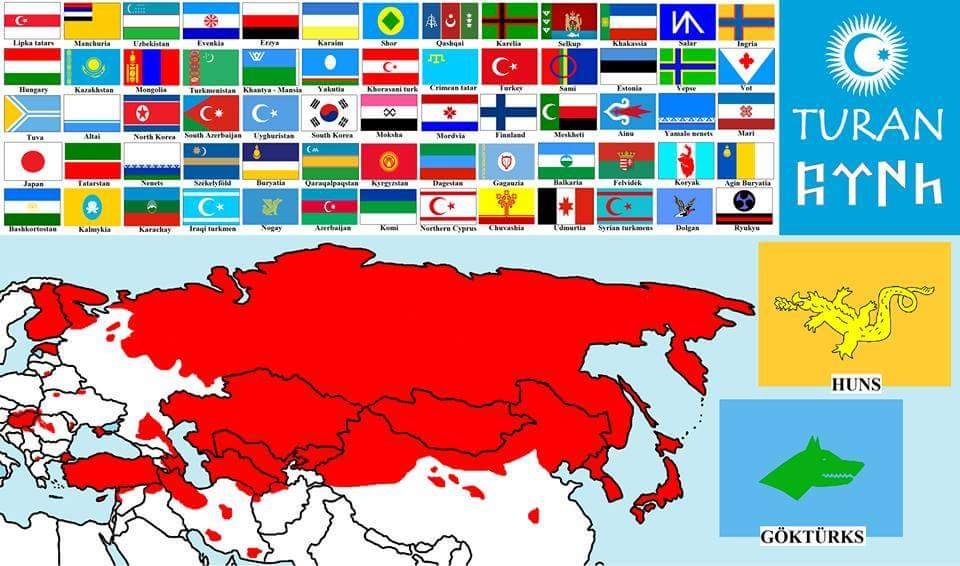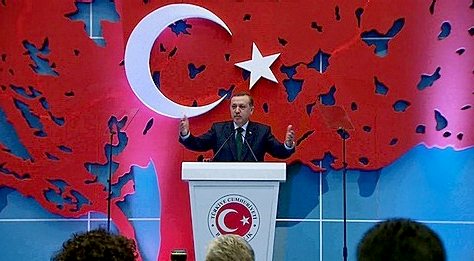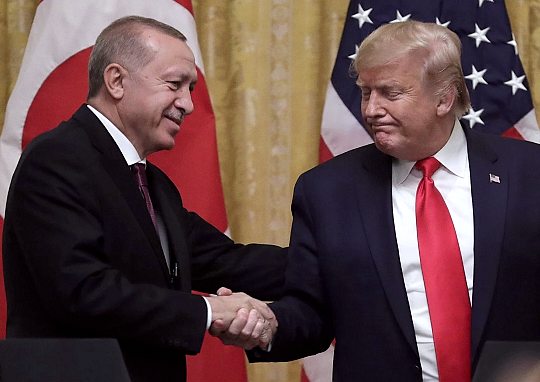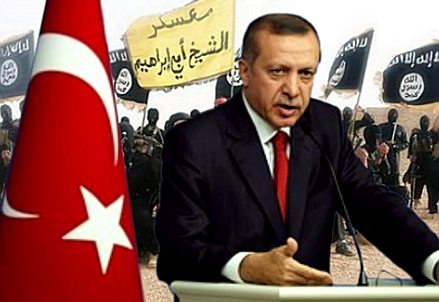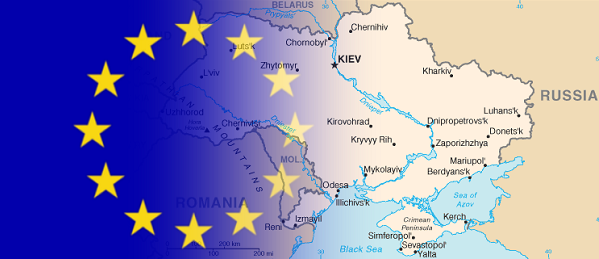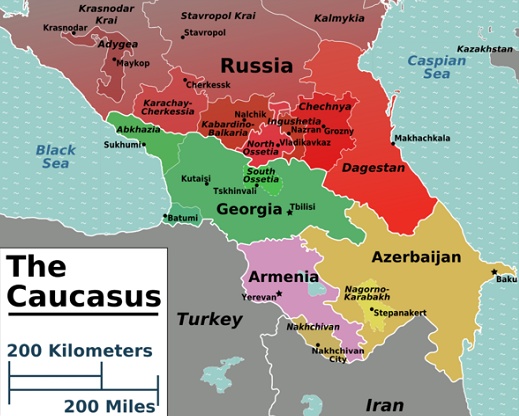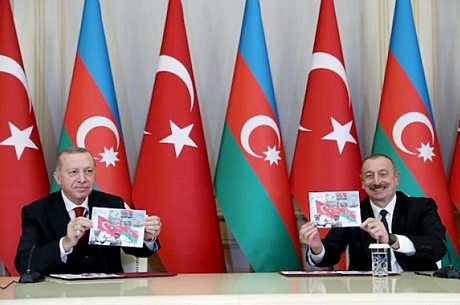The topic of this post is not easy write about. What I say here will not earn me any approval. On the one hand, I’ll be excoriated as a tool of the Mossad. On the other, I’ll be denounced as an “anti-Semite”.
So I can’t win, no matter what. But I still feel obligated to write about it, because the issue is an important one that is not being widely discussed in mainstream forums.
These matters are sensitive and contentious, which means that I expect readers to go the extra mile to preserve decorum in the comments. I don’t want the conversation to devolve into an orgy of Jew-hatred, which would be its natural tendency. I know it’s difficult, but it is possible to voice serious criticism of Israel and Jewish groups without invoking the Great Hebrew Menace.
This discussion concerns current events in Gaza. The atrocities of October 7 of last year are a given — I’m not a “denialist” about what happened that day — but they are not the primary topic. My focus is on what has happened in Gaza since October 7.
* * * * * * * * * * * * * * *
As I write, the war in Gaza is still raging, and a ground campaign in Rafah is looming. Critics of the IDF’s actions repeatedly employ the term “genocide”, due to the alarming official Palestinian casualty figures from Gaza. Which is strange, because people who wouldn’t dream of believing the pronouncements of the US government, or the Israeli government, or EU governments, seem to have no problem crediting the Palestinian statistics on casualties in Gaza. The same people who think the Jews inflated the death toll in the Holocaust believe whatever numbers the Poor Palestinians put out.
As if the “Palestinian health authorities” weren’t a wholly-owned subsidiary of Hamas. As if Hamas hasn’t always openly proclaimed that high civilian casualties work to its advantage. Why wouldn’t they inflate those numbers? How could they do otherwise?
Regardless of the actual figures, the damage to the infrastructure of Gaza has been horrific.
It’s very difficult to acquire credible information about conditions in the Gaza Strip, because almost everything published — whether in the mainstream media or the alternative media — is propaganda put out by one side or the other. The current prevalence of AI-generated images and video has made it that much more difficult to separate truth from pseudo-reality.
However, some information may be gleaned from satellite photos, which indicate that well over half of the buildings in the Gaza Strip have been damaged or destroyed. Much of the population of northern Gaza has fled south, and is now trapped between the Israeli-enforced dividing line in central Gaza and the border with Egypt, which enclave is about to be invaded by the IDF. The Egyptians, knowing full well the risks associated with importing large numbers of Palestinians, are only allowing a trickle of traffic through the Rafah border crossing. As a result, a huge number of displaced residents are packed into tent cities near Rafah.
What will become of these refugees when the war is finally over? Israel is not too keen on repopulating the devastated areas of Gaza with them. And some Israeli organizations have plans for postwar Gaza that include establishing new Jewish settlements there. These are not the official plans of the Israeli government, but they are not the ravings of wild-eyed zealots in fringe groups, either. They are being openly discussed in public forums, which means the government is well aware of them and is not trying to shut them down.
If the Palestinians in the tent cities are not to be allowed back into northern Gaza, where then will they be resettled? There is some discussion of “voluntary” migration — that is, conditions in the crowded camps will become so harsh that residents there will be ready to emigrate somewhere, anywhere that will have them. If the Egyptian government can be induced to open the border for a steady, larger flow, this process can begin.
Prime Minister Netanyahu is working towards exactly that end:
On December 25, 2023, Prime Minister Benjamin Netanyahu confirmed at the Likud Knesset faction meeting that he was working on the voluntary immigration of Gaza residents to other countries. “Our problem is finding countries that are ready to absorb them, and we are working on it,” Netanyahu said.
It goes without saying that no Islamic nation will accept any refugees from Gaza. They have all made it clear that they do not want Palestinians in their countries. And with good reason — nobody in his right mind would want to import Palestinians. That’s why the Egyptians have steadfastly resisted opening the Rafah crossing fully.
Thus Mr. Netanyahu is, for all practical purposes, expecting the West to take in the wretched refuse from Gaza. Canada, under the inspired leadership of Justin “Baby Doc” Trudeau, has already shown an eagerness to bring in the puir wee bairns of Palestine. I don’t know whether the USA will be similarly welcoming, since this is an election year, but we’ll see. As for the EU, it will vary from country to country, depending on how lefty the government in question is. I would expect Ireland, for example, to take its share, and possibly also Germany, under the Green-led traffic light coalition.
And Israel may have found a different solution to the problem: it is negotiating with Congo to take in the homeless and tempest-tost from Gaza. The article doesn’t mention the issue of payment, but I’m cynical enough to assume that the Congolese, already ridden with poverty and political strife, will extract a high price in return for the placement of Palestinians in their new tropical ghetto.
Regardless of their ultimate destination, the denizens of Gaza are problematic for anyone who is foolish enough to take them in. The Israelis, who have a closer acquaintance with the Palestinians than anyone else (with the possible exception of the Jordanians), have a jaundiced view of them.
Some Israelis — it’s not clear what proportion — are extreme in their attitude. Mia Schem, a former hostage held by Hamas, had this to say:
“It was important to me to relay the truth about the nature of the people who live in Gaza, who they are truly are and what I experienced there,” she said in the interview.
“It is important to you that the world understands, what? That I went through a holocaust,” Schem added. “Everyone over there is a terrorist. [emphasis added]”
Ms. Schem is not alone in her views, and some people are even harsher in their assessment of Gaza. Ilana Mercer (who is Jewish), refers to remarks made by Eliyahu Yossian — an “Israeli analyst and veteran of Unit 8200, a high-tech spy branch of the Israeli military” — according to a tweet from the account of Electronic Intifada:
These days, Israel’s political discourse is marred by the likes of Eliyahu Yossian, a mainstream opinionator. Listening as I did with difficulty to Yossian, I detect the delicate Iranian twang in his accent, although there is no sign of delicacy in this zealot’s worldview. Nothing authentically American, either. “Hamas is not the enemy,” he vociferates, “Gaza is. You level the area, and you kill the largest possible numbers, because the woman there is an enemy, the baby there is an enemy and the first grader is an enemy… and the pregnant woman is the enemy.” Yossian goes on to explain that Israel must not entertain “Western values” because these “blur basic logic.”
“The woman there is an enemy, the baby there is an enemy and the first grader is an enemy”: This is an exact mirror of Hamas’ doctrine about the Jews, by which they justify terrorist attacks that kill Israeli women, children, and the elderly. By definition, no Jew is innocent; all must die.
I don’t have to tell you that these constitute competing genocidal doctrines. In other words, the conflict in Gaza is trending towards a war of extermination. One side or the other will be exterminated.
Therefore, as an alternative, what Mr. Netanyahu is proposing is to export an entire population of what some Israelis consider to be dangerous terrorists who deserve extermination. The aim is to dump them on the Gentiles of the West, or perhaps on the Sons of Ham south of the Sahara. If the price is right, surely Congo or Gabon or Zambia would be willing to accept them. Anywhere but Israel.
Why is he doing that? If they all deserve to be killed, why ship them out to Berlin or Toronto instead of burying their corpses in the rubble of Gaza City and Khan Younis?
The answer, of course, is that this is a cynical strategy that will allow Israel to retain the moral high ground. Since 1948 the Israelis (and Jews in general) have had the reputation of conducting wars in the most humane manner possible, taking more Israeli casualties in order to avoid civilian deaths. It never seemed to do them any good; the Israelis were reviled just as much, no matter what. But they did it anyway. And, at least in the West, no one is acknowledged to wage war more ethically than the Jews of Israel.
Continue reading →
